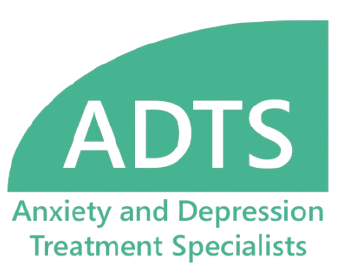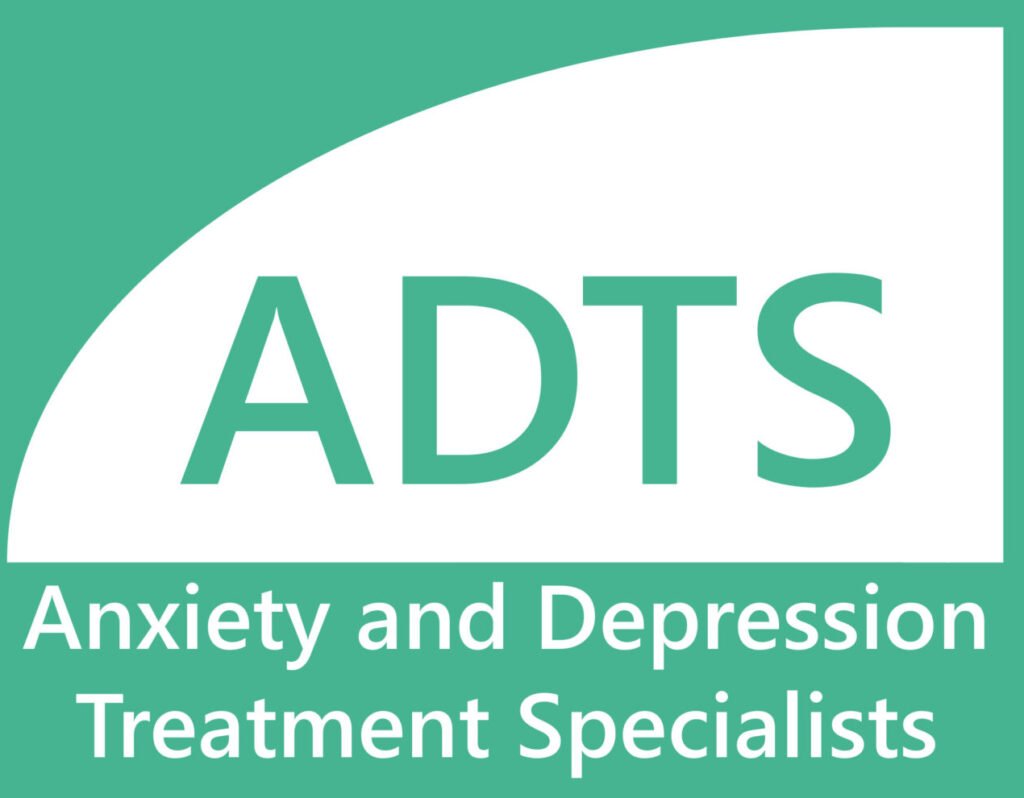In today’s fast-paced world, young adults often grapple with stress, anxiety, and uncertainty. Amid these challenges, positive psychology therapy in California and Connecticut has emerged as a beacon of hope, where such interventions are gaining traction.
Positive psychology therapy in California and Connecticut focuses on enhancing well-being by fostering positive emotions, engagement, relationships, meaning, and accomplishments—collectively known as the PERMA model (Kovich et al., 2023). Unlike traditional therapies that primarily address mental illness, this approach emphasizes building strengths and virtues to promote flourishing. For example, a study involving 326 young adults demonstrated that a six-week online positive psychology intervention significantly improved life satisfaction and reduced symptoms of depression and anxiety (Chilver & Gatt, 2022). These findings underscore the potential of such therapies to bolster mental health among young populations.
Positive psychology therapy in California and Connecticut is being integrated into various settings, from educational institutions to community centers. For instance, gratitude-writing exercises have shown promise in reducing rumination – a risk factor for depression – a among college students (Safi et al., 2023). By shifting focus from negative thought patterns to positive reflections, young adults can cultivate resilience and emotional well-being.
Moreover, interventions that teach self-compassion and mindfulness have been linked to decreased anxiety and increased resilience (Robson, 2024). These techniques encourage individuals to treat themselves with kindness during challenging times, fostering a healthier internal dialogue.
A particularly new and effective form of positive psychology therapy in California and Connecticut is Positive Affect Treatment (Craske et al., 2019, 2023). It has been shown to reduce anxiety, depression, stress, and suicidal tendencies, as well as significantly increase positive emotions.
The efficacy of positive psychology therapy in California and Connecticut is further evidenced by its adaptability. Whether delivered online or in person, these interventions can be tailored to meet diverse needs, making mental health support more accessible. This flexibility is crucial in reaching young adults who might otherwise face barriers to traditional therapy.
Additionally, a meta-analysis of positive psychology interventions revealed improvements in subjective well-being and reductions in depressive symptoms (Bolier et al., 2013). These results highlight the broader applicability and effectiveness of such therapies across different populations and settings.
In conclusion, positive psychology therapy in California and Connecticut offers a transformative approach to mental health care for young adults. By emphasizing strengths and positive experiences, it provides tools for individuals to navigate life’s challenges with resilience and optimism. As California and Connecticut continue to embrace these interventions, they set a precedent for integrating positivity into therapeutic practices, ultimately fostering healthier, more fulfilled communities.
References:
- Bolier, L., Haverman, M., Westerhof, G. J., Riper, H., Smit, F., & Bohlmeijer, E. (2013). Positive psychology interventions: A meta-analysis of randomized controlled studies. BMC Public Health, 13(1), 119. https://doi.org/10.1186/1471-2458-13-119
- Chilver, M. R., & Gatt, J. M. (2022). Six-Week Online Multi-component Positive Psychology Intervention Improves Subjective Wellbeing in Young Adults. Journal of Happiness Studies, 23(3), 1267–1288. https://doi.org/10.1007/s10902-021-00449-3
- Craske, M. G., Meuret, A. E., Echiverri-Cohen, A., Rosenfield, D., & Ritz, T. (2023). Positive affect treatment targets reward sensitivity: A randomized controlled trial. Journal of Consulting and Clinical Psychology, 91, 350–366. https://doi.org/10.1037/ccp0000805
- Craske, M. G., Meuret, A. E., Ritz, T., Treanor, M., Dour, H., & Rosenfield, D. (2019). Positive affect treatment for depression and anxiety: A randomized clinical trial for a core feature of anhedonia. Journal of Consulting and Clinical Psychology, 87(5), Article 5. https://doi.org/10.1037/ccp0000396
- Kovich, M. K., Simpson, V. L., Foli, K. J., Hass, Z., & Phillips, R. G. (2023). Application of the PERMA Model of Well-being in Undergraduate Students. International Journal of Community Well-Being, 6(1), 1–20. https://doi.org/10.1007/s42413-022-00184-4
- Robson, D. (2024, November 24). ‘Resilience interventions do work’ – why coping strategies should be a staple of education. The Guardian. https://www.theguardian.com/society/2024/nov/24/resilience-interventions-do-work-why-coping-strategies-should-be-a-staple-of-education
- Safi, J. M., Rescigno, S. M., & Shih, J. H. (2023). Promoting Mental Health in Young Adults: A Brief Gratitude-Writing Intervention Reduced Brooding in People Who Ruminate. Journal of Prevention and Health Promotion, 4(1), 144–163. https://doi.org/10.1177/26320770221111757







